Black Oak Heritage Park and Ojibway Shores are critical, connecting the Ojibway Prairie Complex to the Detroit River. (Photo by Dax Melmer)
The Friends of Ojibway Prairie to testify on Bill C-248 at ENVI Committee
The Friends of Ojibway Prairie has identified four key pillars it would like to see implemented during the creation of an Ojibway National Urban Park.
After months of engaging with local experts, stakeholders and rightsholders in their traditional territory, the Friends has been selected to testify on Bill C-248 at the House of Commons’ environment and sustainable development standing committee this Friday.
“We’re thrilled that there has been unanimous support in parliament for creating the Ojibway National Urban Park,” said Friends of Ojibway Prairie President Bill Roesel.
“The Ojibway Prairie Complex and surrounding area is truly a precious gem well worthy of the highest levels of protection.”
The committee began discussing the private members’ bill last week and will continue this week with testimony from various stakeholders including the Friends. Accompanying the testimony will be a joint written submission from the Friends of Ojibway Prairie, Citizens Environment Alliance, Essex County Field Naturalists’ Club, and Wildlife Preservation Canada.
“We believe we’ve identified four key areas that should be considered when creating this park and urge a collaborative approach where all parties and processes are working together to achieve an outcome that is best,” said Mike Fisher, national urban park committee chair for the Friends of Ojibway Prairie.
The four key pillars are legislation that makes ecological integrity the top priority, maximizing the park boundaries for increased ecological preservation and habitat, meaningful consultation and partnerships with Indigenous communities, and robust community consultation and supporting mechanisms.
"Thanks to public support, there is a tremendous opportunity to protect and enhance lands around those currently being preserved in the Ojibway Complex as part of a National Urban Park,” said Derek Coronado, Coordinator of the Citizens Environment Alliance.
“The CEA looks forward to continuing to collaborate with FOOP and other groups and individuals to establish and enhance the Ojibway National Urban Park.”


